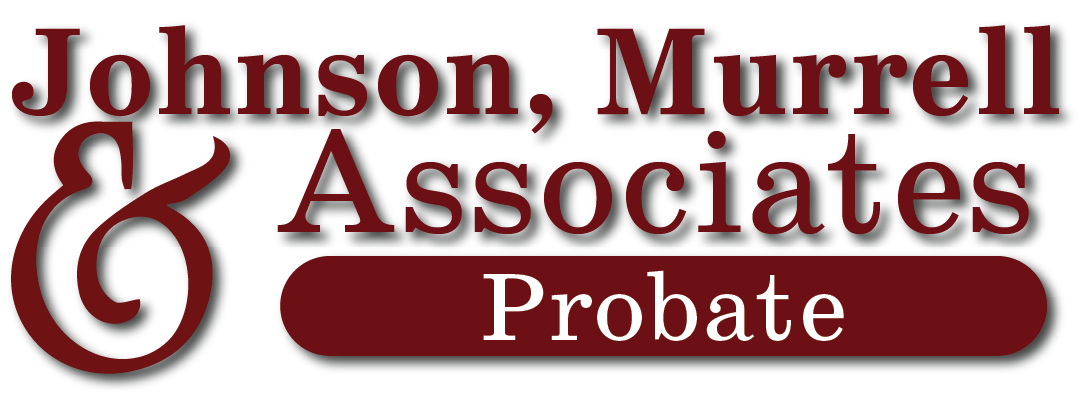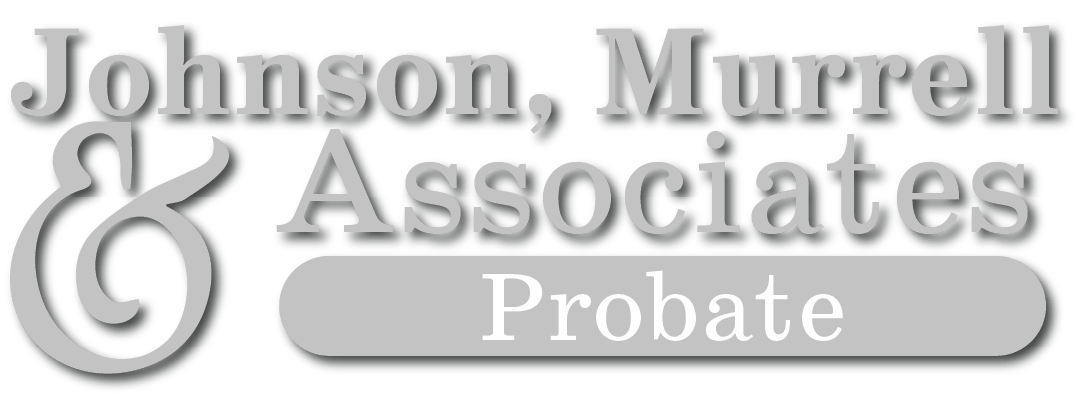Whether you’re trying to decide what to do with your parents’ belongings after death because they’ve recently passed away or you’re just planning ahead, the thought of sorting through years’ worth of memories can be overwhelming.
Remember that this journey is deeply personal. It’s important to listen to yourself and your own needs as you navigate through the grieving process. Often, there’s no roadmap for dealing with these sensitive matters, but there are some general tips that may help guide your process.
Tips for how to sort through family belongings after death include:
- Take time to grieve
- Determine what to keep and what to part with
- Host an estate sale for what you don’t need
- Donate what you couldn’t sell
- Hire a removal service for what couldn’t be sold or donated
- Manage conflicts between beneficiaries
- Hire a probate lawyer
What To Do with Your Parents’ Belongings After Death
1. Take Time To Grieve
It’s important to allow time for grieving when a parent passes away. Grief is deeply personal and varies for each individual. Prioritize self-care and do what’s best for yourself during this challenging period.
Bear in mind that grieving extends beyond the emotional loss. It may also entail mourning the loss of your parent’s belongings or home, which can intensify the grieving process. Take the time to grieve before tackling practical tasks like decluttering. This allows for emotional healing and ensures that decisions are made with clarity and compassion.
2. Manage Conflicts Between Beneficiaries
Managing conflicts with family or siblings during the sorting process of a parent’s belongings after their passing may be necessary. To avoid conflicts, start by establishing a system where everyone’s interest regarding specific items is heard and respected. This will help foster cooperation.
If you can’t agree on who keeps an item, it often works well to sell it and split the proceeds. Seeking assistance from family members or counselors can also help alleviate tensions and provide additional perspectives. Like grief, recognize that each individual may have different emotions to process, so be honest and empathetic in addressing these varying needs and concerns.
3. Determine What To Keep and What To Part With
Deciding what to keep can be a daunting task after the death of a parent. Begin by identifying items with sentimental value to you or your loved ones. Take time to consider what reminds you most of your parents and what you truly have room for in your home. This can be difficult, so it may help to have a spouse or friend provide feedback during this process.
It’s important to be selective when sorting through belongings since it helps to prevent the burden of extra items. Think about where you’ll place your parents’ belongings in your home. It also helps to determine whether you’ll use or treasure them, rather than cramming them away. It may help to create a memory box for meaningful items and photos to save space.
You should avoid keeping items out of obligation or guilt. Discard broken or perishable items and consider donating what can’t be sold. For large quantities, renting a dumpster may be necessary.
Though this process may be emotional, remember that the items you throw away likely weren’t the most important to your parents. By carefully considering each item’s significance and practicality, you can preserve cherished memories without overwhelming your space.
4. Host an Estate Sale for What You Don’t Want or Need
Estate sales are a great way to sort through family belongings after a death. They offer a structured approach to sorting belongings once you’ve decided what to keep.
Consider the emotional and time investment carefully before proceeding. You can start by contacting a specialized company to efficiently manage the process. This will help remove some of the burden. Take inventory of sale items and price them strategically, potentially with assistance from the estate sale company.
Evaluate items in need of cleaning or repair. Post advertisements that showcase key items to attract buyers. You can also recruit help for the sale day to ensure smooth operations.
5. Donate What You Couldn’t Sell
Donating unsold items from an estate sale provides a practical solution for decluttering unwanted belongings. It offers a meaningful opportunity to honor your loved one’s memory by supporting causes or charities they cared about. Donating to such organizations not only clears space but also perpetuates the legacy of your parent’s values.
Additionally, many donation centers offer pickup services. This simplifies the process further by making it a convenient option while making a positive impact in the community.
6. Hire a Removal Service for What Can’t Be Sold or Donated
A removal service, such as a rented dumpster, is an efficient method for disposing of items unsuitable for sale or donation. It minimizes stress by:
- Providing a swift solution to clearing out unwanted belongings
- Accelerating the sorting process
- Easing the overall project management burden
To ensure cost-effectiveness, be sure to obtain quotes from multiple removal service providers before making a decision.
7. Hire a Probate Lawyer
Probate lawyers come into play for large estate matters such as property transfer or financial inheritance. This is the case even if no clear will or living trust is outlining their wishes.
The lawyer’s role involves securing the deceased’s estate, including:
- Finances
- Real estate
- Personal property
They also help with identifying and managing life insurance policies.
Lawyers are crucial for handling financial matters such as debt payments, and tax returns, as well as filing necessary court documents. Overall, a probate lawyer helps ensure a structured and legal process for distributing the deceased’s belongings and settling their affairs.
Partnering with Johnson, Murrell & Associates
At Johnson, Murrell, & Associates, we understand the overwhelming task of sorting through your parents’ belongings after their passing. We provide compassionate and top-tier legal services in Tennessee to ease this emotional burden. Let us handle the administration of their estate and the probate of their will, ensuring their wishes are honored and their affairs are properly managed.
Our experienced team will guide you through every step of the process, offering support and protection of your rights along the way. With decades of expertise and a deep understanding of Tennessee’s county-specific requirements, we are here to help you navigate probate whether you’re local or managing affairs from out of state. Trust Johnson & Murrell to move your case forward smoothly and effectively, allowing you to focus on honoring your loved ones’ memories.
Do you need help with the probate process so you can focus on sorting through your deceased loved one’s possessions? Contact us today to get started.
When a parent passes away, grieving is crucial and varies for each individual. Self-care is paramount during this time. Mourning the loss of belongings can intensify grief, underscoring the importance of emotional healing before decluttering. Simplify the process with support from estate sales, donations, removal services, and conflict resolution. Trust Johnson, Murrell & Associates for compassionate legal support in Tennessee, allowing you to honor your loved ones’ memories with peace of mind.
At Johnson, Murrell, & Associates, we understand that handling a loved one’s estate and bills after their passing is an emotional, stressful experience. Our job is to make your life easier, guiding you through the process so you understand what’s to come. To schedule a consultation, call us at 865-453-1091 or schedule an appointment.



